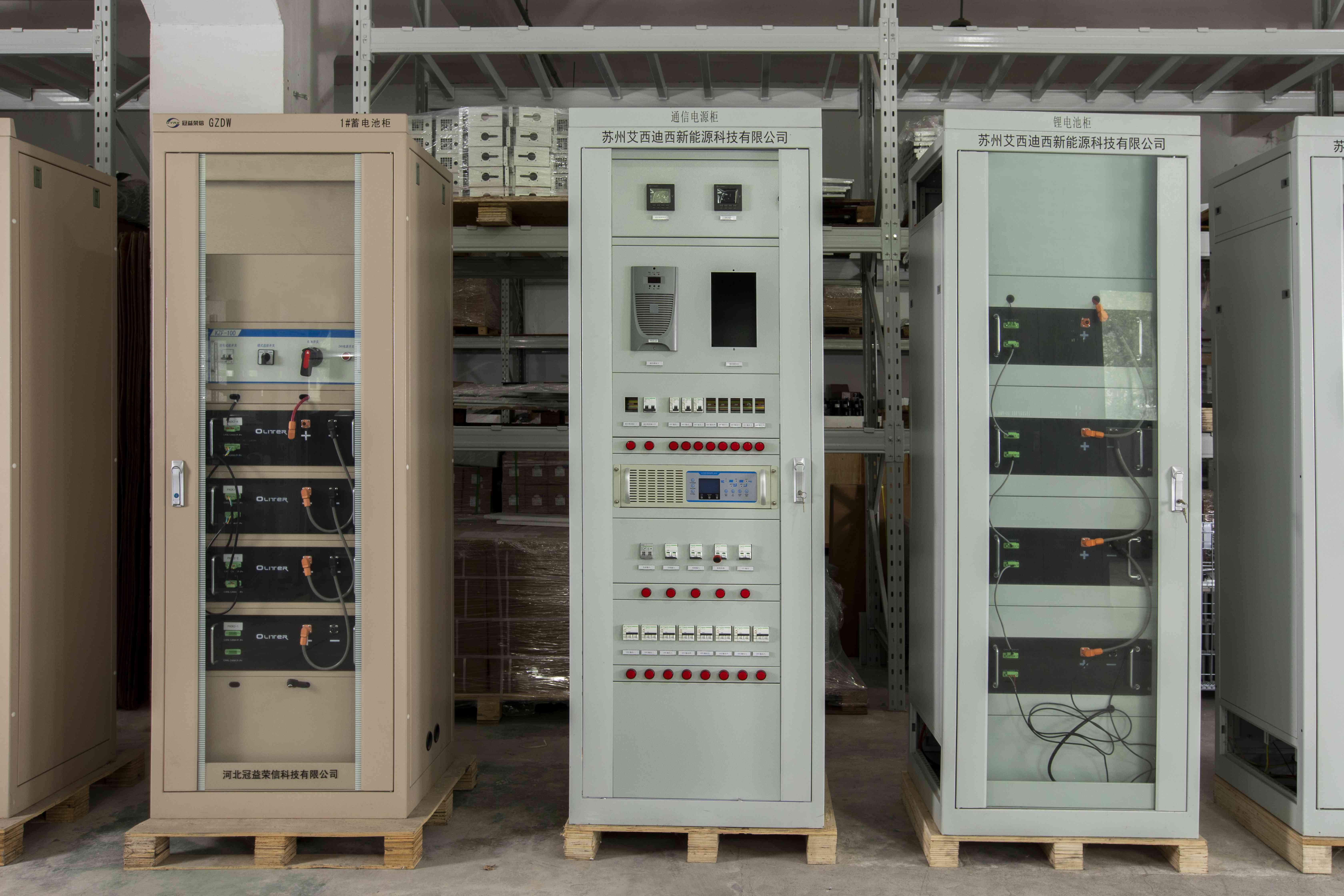
nov . 27, 2024 17:39 Back to list
Wholesale Inverter Solutions for Efficient Energy Management and Cost Savings
Understanding Wholesale Inverters A Deep Dive
In recent years, the demand for renewable energy solutions has skyrocketed as more individuals and businesses seek to reduce their carbon footprints and achieve energy independence. At the heart of these renewable energy systems are inverters, particularly wholesale inverters, which play a critical role in converting direct current (DC) electricity generated by solar panels into alternating current (AC) electricity that can be used in homes and businesses. This article delves into the significance of wholesale inverters, their types, benefits, and considerations for purchasing.
What is a Wholesale Inverter?
A wholesale inverter is typically sold in bulk to retailers, installers, or large-scale users who need inverters for solar energy systems or other applications. These inverters are offered at a discounted rate compared to retail prices, making them an attractive option for businesses involved in the renewable energy sector. By sourcing inverters wholesale, companies can reduce their overhead costs and provide competitive pricing to their customers.
Types of Inverters
When discussing wholesale inverters, it is essential to understand the different types available on the market
1. String Inverters These are the most common type of inverter used in residential solar systems. They connect multiple solar panels in a series (a string) and are typically less expensive than other options. However, their performance can be affected by shading or dirt on the panels.
2. Microinverters Unlike string inverters, microinverters are attached to each individual solar panel. This technology allows for greater efficiency since each panel operates independently. Microinverters can maximize energy production in systems with shading issues but tend to be more expensive and complex to install.
3. Power Optimizers These devices are similar to microinverters but work in tandem with a string inverter. Power optimizers are installed on each panel to enhance performance and mitigate the impact of shading, providing a middle ground between string inverters and microinverters.
4. Central Inverters Used primarily in large-scale solar farms, central inverters convert the direct current from large arrays of solar panels into alternating current. They require a larger footprint and specialized installation but are scalable and efficient for commercial applications.
Benefits of Wholesale Inverters
Purchasing wholesale inverters comes with numerous advantages
wholesale inverter

- Cost Savings The most significant benefit is the reduction in costs. Wholesale prices allow businesses to transfer savings to end-users, making renewable energy solutions more accessible.
- Variety and Availability Wholesale suppliers typically offer a wide selection of inverter brands and models, allowing businesses to choose the best options suited to their needs.
- Enhanced Profit Margins For installers and retailers, buying in bulk means higher profit margins when they sell these products to consumers.
- Strategic Partnerships Working with wholesale distributors can forge valuable relationships in the renewable energy sector, leading to potential collaborations and access to exclusive products or deals.
Considerations When Purchasing Wholesale Inverters
Before investing in wholesale inverters, several factors should be considered
1. Quality and Reliability Ensure that the inverters meet industry standards and carry warranties. High-quality products lead to customer satisfaction and long-term performance.
2. Supplier Reputation Conduct research on the wholesale vendor's reputation. Look for reviews, testimonials, and ratings to ascertain reliability in terms of product quality and customer service.
3. Technical Support Inquire about the level of technical support available. A good supplier should offer assistance with installation and troubleshooting.
4. Regulatory Compliance Ensure that the inverters comply with local regulations and standards. This step is crucial for safety and eligibility for tax credits or incentives.
Conclusion
Wholesale inverters are integral to the renewable energy market, offering cost-effective solutions for both installers and end-users. By understanding the types available and the benefits of purchasing in bulk, businesses can make informed decisions that not only enhance their profitability but also contribute to a more sustainable future. As the world increasingly moves towards renewable sources of energy, the role of wholesale inverters will only grow in importance.
-
AI-Optimized Energy Storage Cabinet | Efficiency & Safety
NewsAug.04,2025
-
High-Performance Energy Storage System for Reliable Power Solutions
NewsJul.30,2025
-
Advanced EMS Solutions for Energy Management System & Storage Battery Companies
NewsJul.29,2025
-
Intelligent Energy Management for Homes - Efficient Storage Solutions
NewsJul.29,2025
-
High-Efficiency Energy Storage System Solutions for Reliable Power
NewsJul.29,2025
-
Smart Energy Management System EMS Solutions for OEMs
NewsJul.29,2025























